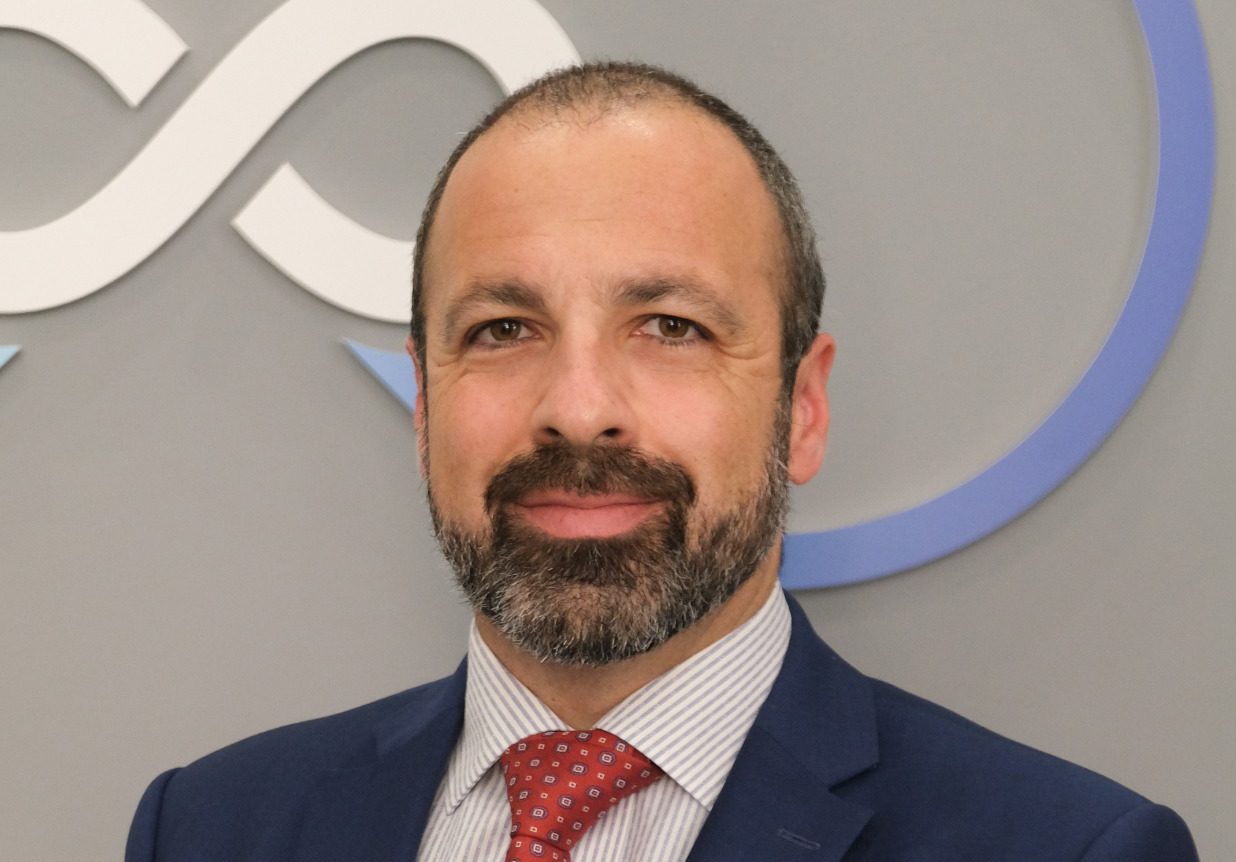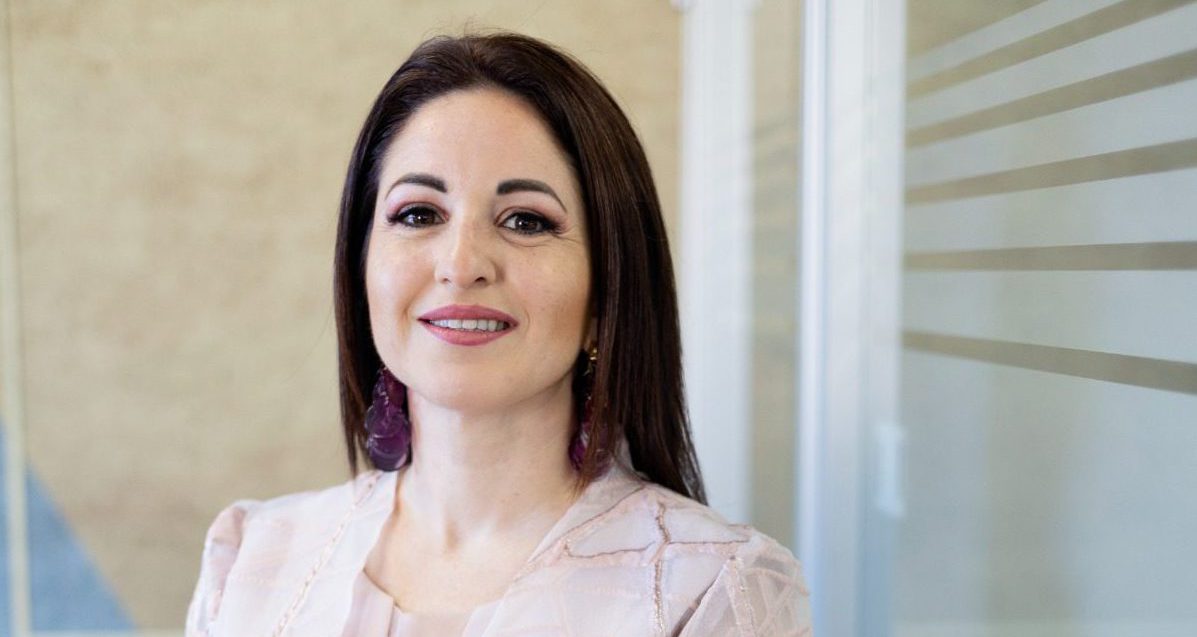As connectivity and telecommunications characterise more aspects of our lives, the Malta Communications Authority (MCA) regulates communications services, such as fixed and mobile telephony, Internet, and TV distribution services. The Authority, which was set up by virtue of an EU directive, also regulates Malta’s radio spectrum resources.
To go into more detail about how the MCA carries out its mission, BusinessNow.mt caught up with Antoine Sciberras, Chief Officer responsible for Spectrum Management and Technology, who explained how the authority keeps end users at the centre of its endeavours.
“Our aim is to regulate effectively to protect consumers, while ensuring a level playing field for players in all the different areas of the communications sector,” Inġ Sciberras explains. With three telecoms operators, who provide no less than 11 different networks across 2G to 5G technologies, the MCA and its teams, truly have their work cut out for them.
Nurturing a healthy relationship with all private players in the field while giving them enough distance in order not to interfere in their operations, allows the MCA to fulfil its regulatory obligations. At the same time, Inġ Sciberras says that the MCA “are big believers in dialogue and a constant understanding of the intricate goings-on of the market. This results in an open relationship with operators, which is based on trust and understanding.”
The MCA also takes on the role of promotor of new technologies. “Regulating what is happening today is only part of what we do at the MCA. In fact, we are also tasked with making sure that the country as a whole is well equipped to take full advantage of future technological advancements.” The Authority has, in relation to this, held a principal role in the recent roll-out and adoption of 5G technology over mobile telephony. “We are proud to say that Malta is one of the few countries in the EU which has nation-wide 5G coverage,” Inġ Sciberras notes.
An engineer by profession Inġ Sciberras leads a multi-disciplinary team, composed mainly of engineers, who act as a support system to the rest of the Authority, on matters of technical bearing.
“Part of our job is to ensure that operators have the adequate systems and infrastructure in place, to guarantee a continued service to their customers. We also request that they have sufficient redundancy capabilities to accommodate any unforeseen situations, without interrupting their services,” Inġ Sciberras expounds.
In fact, the MCA goes into a certain level of detail in this regard, even requesting comprehensive plans and schemes on how the telecommunications providers operate on a daily basis. They focus on ensuring the necessary capabilities on locally-based infrastructure, as well as other elements which are very far from the consumer’s visibility, such as submarine cables that connect the country to the rest of the world.
“Telecommunications has grown to characterise every aspect of our lives, from the most mundane forms of entertainment, but also crucial aspects of business and commerce. That is why it is paramount that these systems are guaranteed to be available at all times, as promised by the providers. With this view, Malta has five submarine cables, through which all telecommunications traffic passes. They are connected to different places on the mainland, in different countries, ensuring adequate back-up in case anything should go wrong.”
“Commendably, our operators are extremely serious in their work, and they carry out their operations earnestly. Through spot-checks and regular visits on site, our teams keep tabs on regulated aspects, making sure that all issues are kept within acceptable levels of operation,” Inġ Sciberras continues.
Asked how the European Digital Economy and Society Index (DESI) contributes to tracking and measuring Malta’s progress in electronic communications and technology, Inġ Sciberras explains how the MCA uses the benchmarking exercise to understand how well Malta is doing in terms of technological take-up and investment.
“DESI summarises indicators on Europe’s digital performance, and tracks the progress of EU countries, with special emphasis on infrastructure. We are pleased to note that Malta habitually does well in this exercise, always placing with the top-most performing countries, which is a feather in our cap.”
The MCA also participates at a European level with a number of relevant organisations and fellow-regulating bodies, to ensure an effective approach to electronic communications regulation. These include the Body of European Regulators for Electronic Communications (BEREC) an entity composed of independent national regulatory authorities entrusted to ensure the consistent application of rules in digital markets and which provides advice to the EU institutions; and the Radio Spectrum Policy Group, which is an advisory group for the European Commission on matters related to the radio spectrum. Beyond the European Union, the MCA is also a member of the International Telecommunication Union (ITU), a specialised United Nations agency for information and communication technologies which drives innovation and oversees spectrum through global regulations and standards.
Locally, the MCA is also active in research and development, in order to ensure an excellent visual of all and any new, emerging technologies. “It is our job to investigate and keep tabs of innovations which would be on the horizon, such as Quantum Communications and 6G technology, to make sure that the country is best equipped to take advantage of them, when the time is ripe.”
Looking ahead, Inġ Sciberras is confident that the MCA shall continue to provide the necessary environment, which is conducive to economic growth and investment, whilst safeguarding consumer interests. “We will continue to find a balance between healthy competition, but also facilitating investment in new tech. We have seen it happening in the introduction of 5G and in ensuring solid connectivity via submarine cables to the mainland. Within this context, we will also continue to send a clear message of where we believe the country should go, in terms of technological investment.”
Uniplural Group: ‘Our brand transformation fortifies our position as a one-stop-shop within the community’
The newly rebranded Uniplural Group provides a diversity of care services strategically united to embrace emerging growth prospects
Print&Merchandise embracing sustainable merchandising solutions
Janice Calleja, manager at Print&Merchandise, highlights the company's high-quality, bespoke services, alongside its evolution towards eco-friendly solutions
‘At Nectar everyone is part of our success story,’ says Head of HR Mark Bugeja
Focus on people and on nurturing growth and mental health support were instrumental in winning the Employee’s Voice Award 2023





